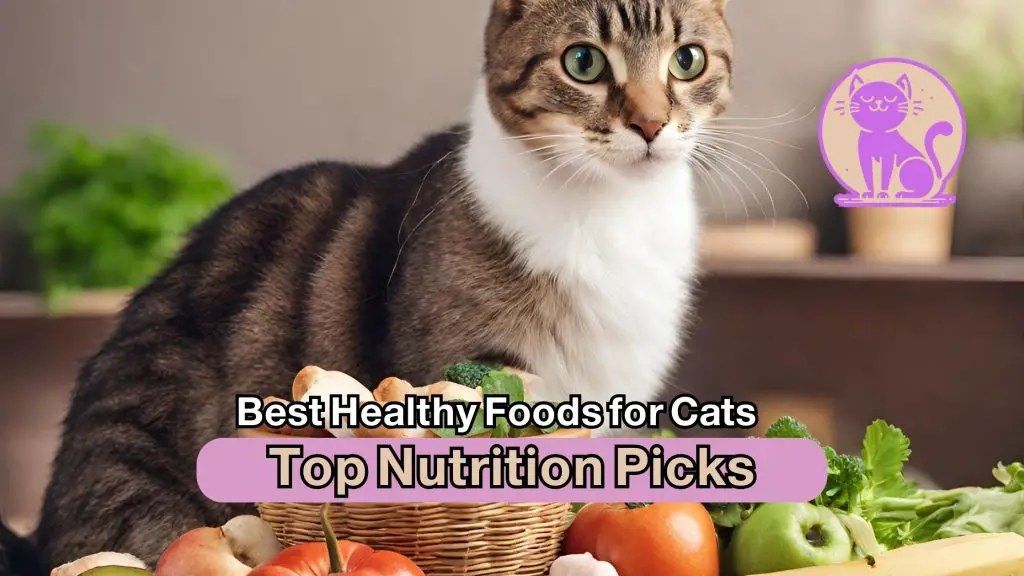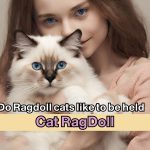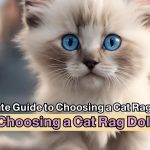Feeding your cat a healthy and balanced diet is crucial for their overall well-being and longevity. Just like humans, cats have specific dietary needs that must be met to ensure optimal health. So, what are the best healthy foods for cats and how can you provide them with the nutrition they need?
In this article, we will explore the world of cat nutrition and guide you through the top nutrition picks for your feline companion. From understanding their dietary needs to choosing the right cat food brands, exploring homemade recipes, and incorporating nutritional supplements – we’ve got you covered. Let’s dive in and make sure your cat is getting the nourishment they deserve!
Understanding Feline Dietary Needs
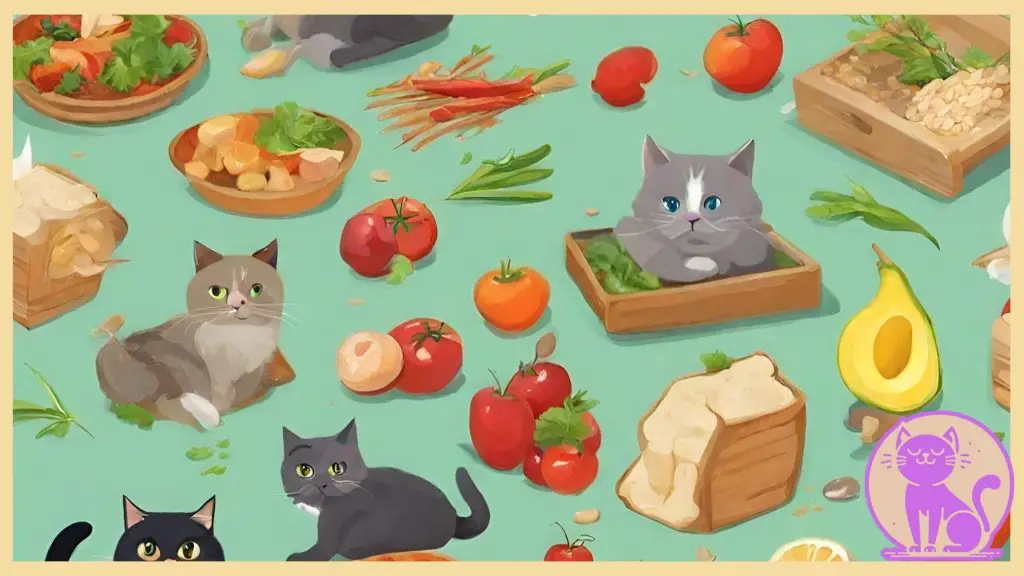
When it comes to providing proper nutrition for your feline friend, it’s crucial to understand their specific feline dietary needs. Kittens are obligate carnivores, which means their diet should primarily consist of animal based proteins. Protein is essential for maintaining healthy muscles, organs, and overall growth in cats. Without adequate protein, felines may experience muscle wasting and a weakened immune system.
In addition to protein, cats also require other essential nutrients to thrive. These include vitamins, minerals, and fatty acids. Vitamins and minerals play a vital role in supporting various bodily functions, including proper growth, bone health, and a robust immune system. Fatty acids, such as omega-3 and omega-6, help promote healthy skin, a shiny coat, and support brain function in cats.
Hydration is another vital aspect of a cat’s diet. Since cats have a low thirst drive, they may not drink enough water to stay properly hydrated. This is why it’s important to provide your feline friend with wet food, which contains higher water content compared to dry kibble. A well-hydrated cat is less prone to urinary tract issues and kidney problems.
Key Nutritional Components for Cats
When choosing cat food, it’s essential to check the label for specific nutritional components that meet your cat’s dietary needs. Here are some key components to look for:
- High-quality, animal-based protein sources such as chicken, fish, and turkey.
- Essential amino acids like taurine, which is crucial for a cat’s heart health and overall wellbeing.
- Well-balanced vitamins and minerals, including vitamin A, vitamin D, calcium, phosphorus, and magnesium.
Tips for Meeting Feline Dietary Needs
Here are some tips to ensure your cat’s dietary needs are adequately met:
- Consult with your veterinarian to determine the appropriate portion sizes and feeding frequency for your cat’s age, activity level, and overall health.
- Offer a variety of high-quality cat food brands that meet the nutritional guidelines established by reputable animal health organizations.
- Consider incorporating moist food or raw food into your cat’s diet to ensure proper hydration and to provide a more natural diet that mimics their hunting instincts.
- Avoid feeding your cat a strictly vegetarian or vegan diet, as they require specific nutrients found in animal-based products.
By understanding and meeting your cat’s feline dietary needs through a balanced and appropriate diet, you can help support their overall health and wellbeing.
Choosing Natural Cat Food Brands

When it comes to the health and well-being of our feline friends, choosing the right cat food is essential. Natural cat food brands have gained popularity among pet owners due to their commitment to using high-quality, wholesome ingredients in their products. These brands prioritize the nutritional needs of cats, offering a range of options that support their overall vitality.
In addition to their commitment to using natural ingredients, these brands also prioritize transparency in their sourcing and manufacturing processes. They often provide detailed information about where their ingredients come from and employ strict quality control measures to ensure the safety and integrity of their products.
Benefits of Choosing Natural Cat Food Brands:
- Nutritional Value: Natural cat food brands focus on providing a well-balanced diet that meets the specific nutritional needs of cats, including a high protein content and essential nutrients.
- No Artificial Additives: These brands avoid using artificial flavors, colors, and preservatives, offering a more natural and wholesome option for your cat.
- Improved Digestion: The use of high-quality, easily digestible ingredients in natural cat food can help promote healthy digestion and reduce the risk of digestive issues.
- Reduced Allergies: Cats with food sensitivities or allergies may benefit from natural cat food brands that steer clear of common allergens and focus on providing hypoallergenic options.
- Higher Energy Levels: By providing cats with a nutrient-dense diet, natural cat food brands can help support their energy levels and overall vitality.
When choosing a natural cat food brand, it’s important to look for products that meet the nutritional requirements of your specific cat’s age, size, and health condition. Consulting with your veterinarian can provide valuable guidance in making the right choice.
By opting for natural cat food brands, you can provide your furry companion with a nutritionally balanced meal that promotes their overall health and well-being. Make the switch today and give your cat the natural goodness they deserve!
Exploring Homemade Cat Food Recipes
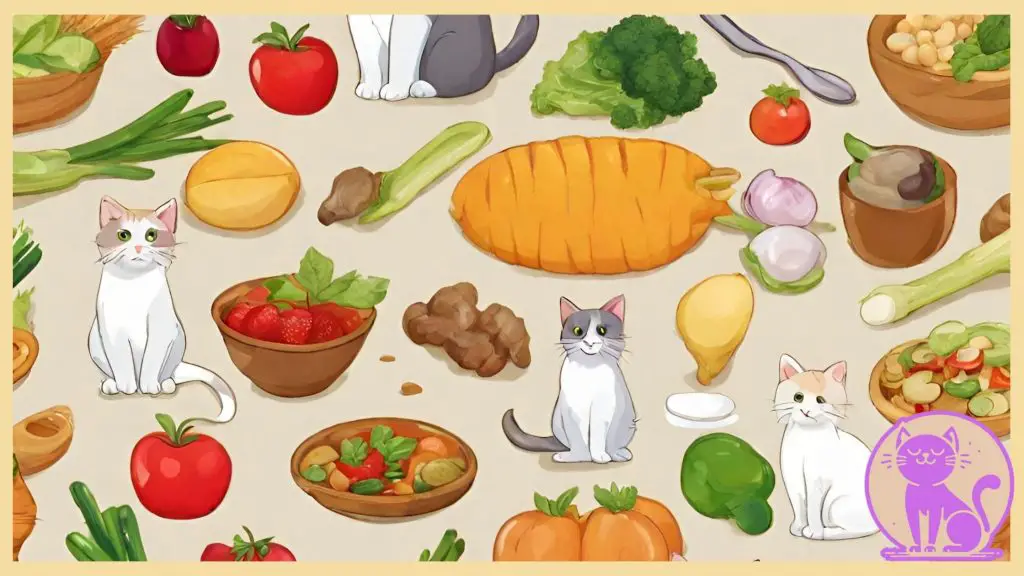
If you’re a pet owner who prefers preparing your feline friend’s meals from scratch, homemade cat food recipes are a fantastic option. By making your own cat food, you have complete control over the ingredients, ensuring that your cat is getting a wholesome and nutritious diet. Here are some delicious homemade cat food recipes to try:
Tuna and Vegetable Delight
- Ingredients:
- – 1 can of tuna, drained
- – 1/4 cup of cooked peas
- – 1/4 cup of cooked carrots, mashed
- – 1/4 cup of cooked quinoa
Instructions:
- Mix all the ingredients together in a bowl.
- Mash the mixture with a fork until well combined.
- Serve to your cat immediately or refrigerate for later use.
Chicken and Brown Rice Medley
- Ingredients:
- – 1 cup of cooked chicken, shredded
- – 1/4 cup of cooked brown rice
- – 1/4 cup of cooked spinach, chopped
- – 1/4 cup of cooked sweet potato, mashed
Instructions:
- Combine all the ingredients in a mixing bowl.
- Stir well until the ingredients are evenly distributed.
- Divide the mixture into serving portions and store in the refrigerator.
These homemade cat food recipes are just a starting point. Feel free to experiment with different ingredients and flavors to create a variety of wholesome meals for your furry friend. Just remember to consult with your veterinarian to ensure that the ingredients you choose are safe and appropriate for your cat’s specific dietary needs.
Incorporating Nutritional Supplements
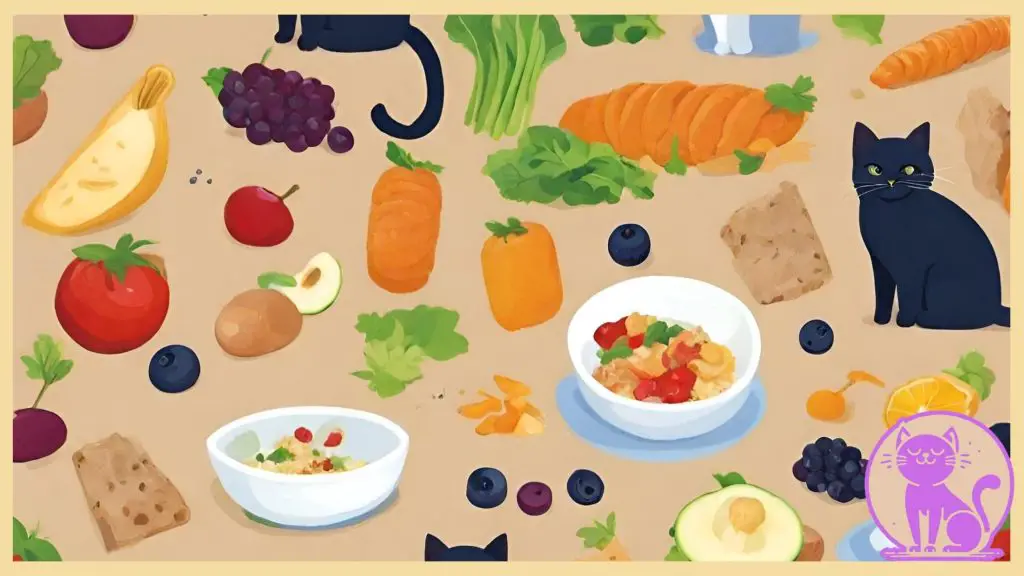
In addition to providing a balanced diet, nutritional supplements can play a vital role in supporting the overall health of your feline companion. These supplements are specially formulated to address specific nutritional needs and ensure your cat is getting all the essential vitamins and minerals necessary for a thriving life.
When it comes to nutritional supplements for cats, there are several options available. Some of the most popular and beneficial supplements include:
- Fish oil: Rich in omega-3 fatty acids, fish oil promotes healthy skin and coat, supports joint health, and boosts the immune system.
- Probiotics: These beneficial bacteria support a healthy digestive system, aid in nutrient absorption, and help maintain a strong immune system.
- Lysine: Lysine is an amino acid that supports respiratory health, especially in cats prone to upper respiratory infections.
- Glucosamine: This supplement is beneficial for cats with joint issues or arthritis, as it helps improve joint mobility and reduce inflammation.
It is important to consult with your veterinarian before incorporating any nutritional supplements into your cat’s diet. They will be able to recommend the appropriate dosage and ensure the supplements are safe and suitable for your cat’s unique needs.
Below, you’ll find a comparison table highlighting the key features of these nutritional supplements:
| Supplement | Benefits | Recommended Dosage | Brand Recommendations |
|---|---|---|---|
| Fish oil | Healthy skin and coat, joint health, immune support | 1/4 teaspoon per day | Brand A, Brand B |
| Probiotics | Healthy digestion, nutrient absorption, immune support | As directed by the veterinarian | Brand C, Brand D |
| Lysine | Respiratory health support | 500 mg per day | Brand E, Brand F |
| Glucosamine | Joint health support, inflammation reduction | As directed by the veterinarian | Brand G, Brand H |
Remember, nutritional supplements should complement a balanced diet and not replace it. They can be especially beneficial for cats with specific health concerns or older cats who may benefit from extra support. Always consult with your veterinarian to ensure you are providing the best possible care for your feline companion.
Organic Cat Treats for Extra Goodness
When it comes to treating your beloved feline friend, it’s important to choose options that not only taste delicious but also provide extra goodness. That’s where organic cat treats come in. These treats are made with high-quality, natural ingredients, free from artificial flavors, colors, and preservatives, ensuring your cat gets the best nutrition possible.
Organic cat treats offer several benefits for your furry companion. Firstly, they are made with organic ingredients, meaning they are grown without the use of synthetic fertilizers or pesticides. This ensures that your cat is not exposed to potentially harmful chemicals that can affect their health in the long run. Additionally, organic treats often contain more nutrients as they are made from wholesome, real ingredients.
When choosing organic cat treats, look for reputable brands that prioritize transparency and quality. Here are some popular options that will satisfy even the pickiest of eaters:
1. Whisker Lickin’s Organic Chicken Bites
Whisker Lickin’s offers a range of organic treats, but their Organic Chicken Bites are a favorite among feline foodies. Made with real chicken as the first ingredient, these bite-sized treats are packed with flavor and protein.
2. Greenies Organic Catnip Flavor Dental Treats
Not only do Greenies Dental Treats help keep your cat’s teeth clean and healthy, but they also come in an organic catnip flavor that cats adore. These treats are specially designed to reduce tartar buildup and freshen breath, promoting dental health in a delicious way.
3. Castor & Pollux Organix Chicken Recipe Cookies
Castor & Pollux is known for their commitment to using organic ingredients in their pet products. Their Organix Chicken Recipe Cookies are no exception. Made with real organic chicken and packed with wholesome ingredients like brown rice and flaxseed, these cookies are a nutritious and tasty treat for your cat.
Remember, when introducing new treats to your cat, it’s essential to do so gradually and in moderation. Keep an eye on portion sizes and consider your cat’s overall diet to ensure they are receiving a balanced nutrition.
By choosing organic cat treats, you can provide your furry friend with a delicious snack that is both wholesome and nutritious. Treat your cat to extra goodness with these organic options and watch them purr with delight.
Best Cat Food Options for Weight Management
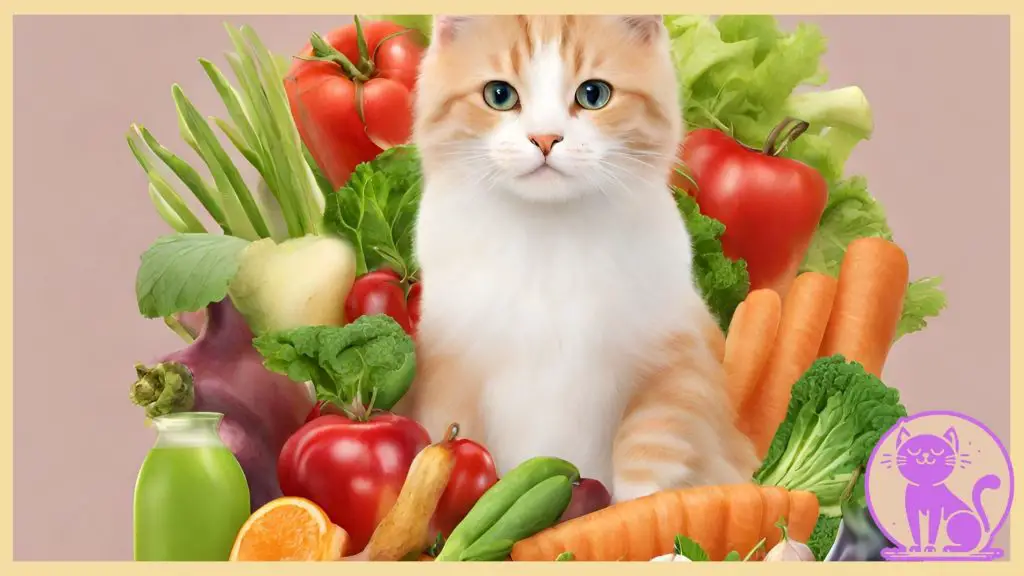
When it comes to keeping our feline friends at a healthy weight, choosing the right cat food options is crucial. A balanced diet plays a significant role in maintaining their overall well-being. By providing the best nutrition and controlling your cat’s portions, you can help them achieve a healthy weight and reduce the risks of obesity-related health issues.
The Importance of a Balanced Diet
Achieving weight management for cats starts with a balanced diet. A cat’s diet should consist of **high-quality protein** and essential nutrients to support their metabolism and general health. Additionally, incorporating **fiber-rich** ingredients can help keep your cat feeling full and satisfied. A proper balance of macronutrients, vitamins, and minerals is key to ensuring your cat gets the nutrition they need while maintaining a healthy weight.
Choosing the Best Cat Food Options
When selecting cat food for weight management, look for **low-calorie** options that are specifically formulated for weight control. These types of cat food typically contain **lean protein** sources and are made with high-quality ingredients. Additionally, **grain-free** or **limited ingredient** cat food options may be beneficial for cats with sensitivities or allergies.
Portion Control and Meal Frequency
In addition to selecting the right cat food, managing portion control is equally important. Feeding your cat the appropriate amount of food based on their weight, age, and activity level can prevent overeating. Most cat food brands provide feeding guidelines on their packaging, but it’s always best to consult with your veterinarian to determine the correct portion sizes for your cat.
Moreover, the **frequency** of feeding can also affect weight management in cats. Instead of free-feeding or leaving food out all day, it’s recommended to divide their daily portion into multiple small meals throughout the day. This helps prevent excessive calorie intake and allows for better control over their food consumption.
Regular Exercise and Monitoring
Alongside a balanced diet, regular exercise is essential to help your cat maintain a healthy weight. Encourage playtime and engaging activities that keep your cat active and stimulated.
Furthermore, consistent monitoring of your cat’s weight is necessary to ensure their weight management progress. Regular weigh-ins at the veterinarian’s office can provide valuable insights and allow for any necessary adjustments to their diet and exercise routine.
In conclusion, choosing the best cat food options for weight management, along with a balanced diet and regular exercise, is vital for maintaining a healthy weight in cats. By providing the right nutrition and practicing portion control, you can help your feline companion lead a happy and healthy life.
Catering to Special Dietary Needs
Just like humans, cats can have special dietary needs due to allergies, sensitivities, or underlying medical conditions. It’s important for cat owners to be aware of these unique requirements and make informed choices when it comes to their feline friend’s nutrition. Finding appropriate food options can help manage these conditions and ensure your cat receives the necessary nutrients for optimal health.
Addressing Allergies and Sensitivities
Some cats may develop allergies or sensitivities to certain ingredients found in their food. Common allergens can include chicken, beef, dairy, and grains. If your cat exhibits symptoms such as excessive itching, gastrointestinal upset, or skin irritations, it’s crucial to consult with your veterinarian to determine the root cause. They may recommend an elimination diet or a hypoallergenic cat food that excludes potential allergens.
Managing Medical Conditions
Cats with medical conditions such as kidney disease, diabetes, or urinary tract issues may require special diets to help manage their conditions. These diets are formulated to support their specific needs, such as reducing phosphorus levels for cats with kidney disease or controlling carbohydrate intake for diabetic cats. Your veterinarian will provide guidance on the appropriate food choices and feeding guidelines for your cat’s condition.
Guidance and Recommendations
Here are some popular cat food brands that cater to special dietary needs:
| Brand Name | Special Dietary Needs |
|---|---|
| Hill’s Prescription Diet | Wide range of prescription diets for various medical conditions |
| Blue Buffalo Basics | Grain-free options for cats with food sensitivities |
| Royal Canin Veterinary Diet | Specific formulations for cats with kidney disease, urinary issues, and other medical conditions |
| Iams Veterinary Formula | Prescription diets for cats with specific health concerns |
Remember, it’s crucial to follow your veterinarian’s guidance and closely monitor your cat’s response to any dietary changes. Regular check-ups and communication with your vet will help ensure your cat’s special dietary needs are being met effectively.
Conclusion
Choosing healthy foods for your cat is essential for their overall well-being and longevity. A balanced diet is crucial to meet their feline dietary needs and provide them with the necessary nutrients to thrive.
When selecting cat food options, consider natural cat food brands that prioritize high-quality ingredients and avoid artificial additives. Homemade cat food recipes can also be a great alternative for pet owners who prefer preparing meals from scratch. Just ensure that the recipes meet all your cat’s nutritional requirements.
Incorporating nutritional supplements can further enhance your cat’s diet, supporting their immune system and promoting optimal health. Additionally, organic cat treats offer an extra level of goodness, providing your feline friend with tasty and healthy rewards.
Remember, maintaining a balanced diet and understanding your cat’s specific dietary needs are the keys to ensuring their long-term wellbeing. By focusing on healthy foods, you can provide the best nutrition for your beloved cat and give them the happy and healthy life they deserve.
FAQ
Q: What are some healthy foods for cats?
A: Healthy foods for cats include high-quality commercial cat foods that are formulated to meet their nutritional needs. These foods should contain animal protein as the primary ingredient and be free from artificial additives and fillers. Additionally, cats can also benefit from small amounts of cooked lean meats, such as chicken or turkey, and certain fruits and vegetables.
Q: What do cats need in their diet?
A: Cats require a diet that is rich in animal-based protein, essential fatty acids, and other nutrients, such as vitamins and minerals. They also need a proper balance of carbohydrates and moisture to support their overall health and well-being.
Q: Are there any natural cat food brands available?
A: Yes, there are several natural cat food brands available that prioritize using high-quality, natural ingredients in their recipes. These brands often avoid artificial additives and fillers, and instead focus on providing a wholesome and nutritious diet for cats. Some popular natural cat food brands include Blue Buffalo, Wellness, and Natural Balance.
Q: Can I make homemade food for my cat?
A: Yes, you can make homemade cat food for your feline companion. However, it is important to consult with a veterinarian or a feline nutritionist to ensure that the homemade meals meet all of your cat’s nutritional needs. Homemade cat food recipes often include cooked lean meats, such as chicken or fish, and can incorporate certain fruits and vegetables in moderation.
Q: Should I give my cat any nutritional supplements?
A: Nutritional supplements can be beneficial for cats, but it is essential to consult with a veterinarian before introducing any supplements to your cat’s diet. Common supplements for cats include omega-3 fatty acids, probiotics, and joint health supplements. These can help support your cat’s overall health and address specific concerns or conditions, but they should be used under professional guidance.
Q: Are there organic cat treats available?
A: Yes, there are organic cat treats available that can provide an extra level of goodness for your furry friend. Organic cat treats are made from ingredients that are free from pesticides, antibiotics, and synthetic additives. Look for trusted brands like Castor & Pollux, Greenies, or Blue Buffalo, which offer organic treats specifically formulated for cats.
Q: What are the best cat food options for weight management?
A: The best cat food options for weight management are those that are specifically formulated to support a healthy weight. These foods are often labeled as “weight control” or “light” formulas and tend to have fewer calories and fat content. It is important to choose a balanced diet for your cat that helps them maintain a healthy weight without compromising essential nutrients.
Q: How can I cater to my cat’s special dietary needs?
A: If your cat has special dietary needs due to allergies, sensitivities, or medical conditions, it is crucial to consult with a veterinarian. They can provide guidance on finding appropriate food options that meet your cat’s unique requirements. There are specialty diets available that are specifically formulated to address certain dietary issues, such as hypoallergenic or limited ingredient diets.

